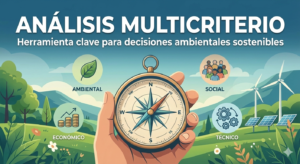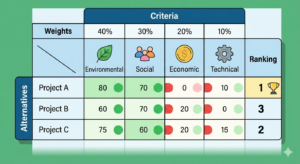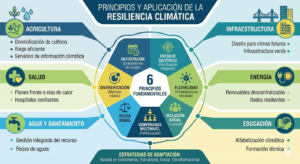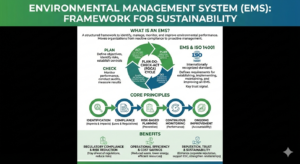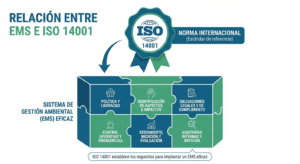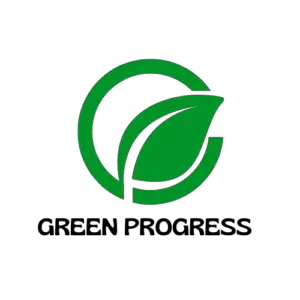What is an Agriculture Certification and Why It Matters
Agriculture certification is a formal compliance process that validates farming and food production practices according to international standards. It ensures adherence to environmental regulations, food safety requirements, and sustainable trade practices, offering trust for consumers and competitiveness for producers in the global market.
For agribusinesses, certifications are not just labels, they are strategic investments that open doors to premium markets and international trade opportunities. For consumers, they guarantee quality, sustainability, and transparency across the food supply chain.
Main Food and Agriculture Certifications
Organic Certification (USDA, EU Organic, GOTS)
- Scope: Ensures crops and livestock are produced without synthetic pesticides, fertilizers, or GMOs.
- Compliance value: Required for export to many markets. Recognized globally by regulators, including the USDA National Organic Program (NOP) and EU Organic Regulation.
- Extended application: GOTS certification covers textiles, an added-value sector for international trade.
Fairtrade Certification
- Scope: Applies to products such as coffee, cocoa, bananas, and sugar.
- Social and market impact: Provides producers with fair pricing, ethical labor conditions, and market access.
- Compliance value: Strengthens supply chain transparency, a major driver in ESG reporting and corporate responsibility.
Rainforest Alliance & UTZ
- Scope: Global seal for coffee, tea, cocoa, bananas, and forestry products.
- Compliance value: Recognized by multinational retailers as proof of biodiversity conservation, responsible water use, and sustainable sourcing.
- Business impact: Increasingly required in procurement policies for international retailers.
Fisheries and Aquaculture Certifications (MSC & ASC)
- MSC (Marine Stewardship Council): Validates sustainable fisheries, crucial for companies exporting seafood to Europe and North America.
- ASC (Aquaculture Stewardship Council): Certifies aquaculture operations such as shrimp and salmon farms. Assesses environmental and social impact
- Market relevance: These certifications ensure access to major retail chains that demand third-party compliance auditing.
Other Sustainable Standards
- RSPO (Roundtable on Sustainable Palm Oil): Ensures sustainable palm oil supply chains.
- Demeter: Biodynamic agriculture certification.
- FairWild: Specialized in sustainable wild plant collection.
- Climate Neutral labels: Increasingly used by corporations to meet carbon reporting and ESG compliance frameworks.
Regenerative Farming Certification: Soil Health and Climate Compliance
Regenerative farming certification goes beyond organic standards by focusing on soil restoration, carbon sequestration, and climate resilience. It emphasizes:
- Cover cropping and crop rotation
- Reduced tillage
- Carbon footprint reduction in agriculture
Compliance relevance: Regenerative certifications are emerging as a differentiator for carbon markets and ESG investment portfolios.
Sustainable Agriculture Certificate Online: Benefits, Knowledge, and Career Growth
Online certificates in sustainable agriculture are becoming a knowledge gateway for professionals, policymakers, and students.
Advantages of online certification programs:
- Accessibility: Flexible global participation.
- Compliance value: Training often aligned with international regulations (ISO 22000, GlobalG.A.P., FSMA).
- Career growth: Opens pathways in agribusiness, food safety auditing, and sustainability consulting.
- Business value: Organizations use online training to meet internal compliance requirements and strengthen their ESG credentials.
Sustainable Urban Agriculture Certificate: Knowledge for City Food Systems
Urban farming is expanding worldwide from vertical farms in Singapore to community gardens in New York.
Certificates in this area focus on:
- Food security compliance in urban environments
- Hydroponics and aquaponics technologies
- Circular economy integration
- Public health and regulatory frameworks in cities
PCQI Training and Its Role in Food Safety Compliance
PCQI (Preventive Controls Qualified Individual) training is a mandatory requirement under the U.S. FDA’s Food Safety Modernization Act (FSMA).
- Compliance impact: Food facilities exporting to the U.S. must employ a PCQI-certified professional.
- Market impact: Drives demand for consulting services, compliance audits, and online training providers, a growing multi-billion-dollar sector.
- Career advantage: Essential credential for professionals in food safety and regulatory compliance.
How to Choose the Right Agriculture Certification
Key Factors to Consider
- Regulatory requirements in export markets (USDA, EU, FDA).
- Auditing costs and renewal complexity.
- Recognition by buyers and retailers.
Common Certification Process
- Application with certifying bodies.
- On-site inspection and compliance audit.
- Corrective actions and documentation.
- Approval and annual renewal.
Challenges and Opportunities in Agriculture Certifications
- Challenges: High costs, complexity for small-scale farmers, overlapping certification schemes.
- Opportunities: Certifications strengthen supply chain transparency, international trade access, and ESG compliance reporting.
The Future of Agriculture Certifications
Food and agriculture certifications are becoming compliance pillars in global trade. From organic and Fairtrade to regenerative farming and PCQI training, certifications enable businesses to align with international standards, climate goals, and consumer expectations.
The future points to:
- Blockchain-based supply chain auditing
- Climate-smart certifications tied to carbon markets
- Growth of online compliance training
Certifications will remain essential for trust, market access, and long term sustainability.
